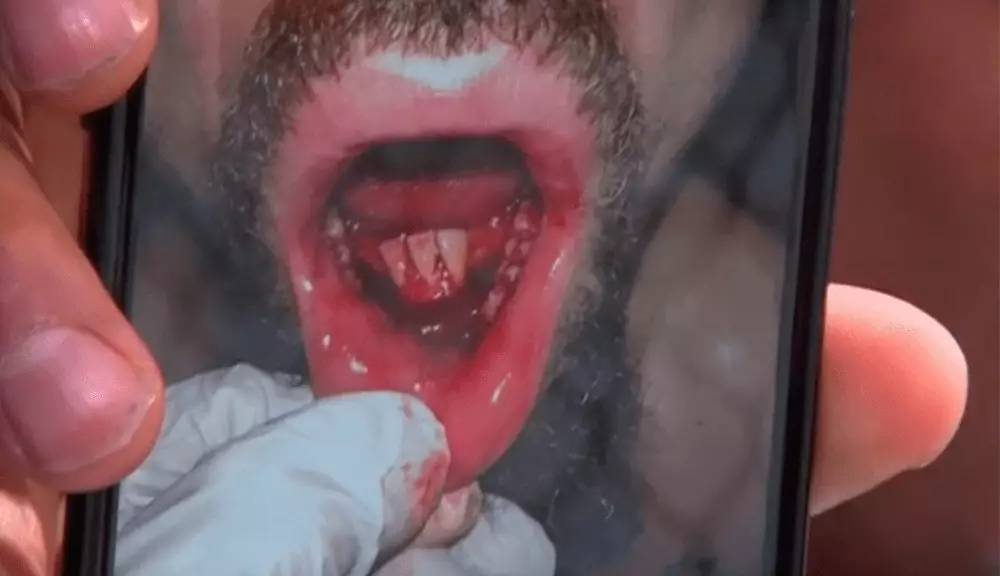Robert Whittaker, a name synonymous with resilience in the world of mixed martial arts (MMA), recently opened up about the harrowing extent of the damage he suffered in his latest fight against Khamzat Chimaev at UFC 308. Witnessing Whittaker—an established fighter with a record of 26-8 and former Middleweight Champion—tapped out in the first round sent shockwaves throughout the fighting community. This decisive moment, culminating from a face crank and resulting in significant dental injuries, highlights both the physical and psychological toll of being an elite athlete in combat sports.
In an honest reflection on his ordeal, Whittaker revealed that his dental issues weren’t merely a byproduct of the recent fight; they were the culmination of years of neglect and minor trauma. He disclosed on his **MMArcade Podcast** that he had endured ongoing dental complications, primarily affecting his bottom teeth due to a lack of stability from missing upper teeth. This revelation is critical as it underscores the importance of comprehensive health checks, even amongst top athletes. “I should’ve dealt with them much sooner,” Whittaker stated, emphasizing his regret for not prioritizing dental health earlier in his career.
Whittaker’s decision to continue fighting with existing dental issues is a testament to the mentality prevalent in combat sports—a mindset that often places one’s health on the back burner in pursuit of glory. His admission sheds light on a broader issue athletes face; the fear of setbacks can hinder them from taking the necessary steps to rectify health concerns.
The aftermath of Whittaker’s surgery revealed a significant health concern—a massive cyst in his jaw. This cyst was likely responsible for the infections that plagued his teeth, suggesting that underlying health issues can often be exacerbated by the rigorous demands of athletic training. The discovery has potentially informed Whittaker’s approach to his health; the tumultuous path he’s navigated could serve as warnings to fighters and athletes across all sports. His experience emphasizes that ignoring longstanding issues may lead to greater challenges down the road.
In light of his recovery, Whittaker expressed a newfound sense of relief. “My life is better without them,” he remarked, shedding light on the transformative aspect of his struggle. While his dental journey has been arduous, the silver lining is that he is able to move forward physically healthier, which could significantly impact his performance in future fights.
Whittaker’s ordeal brings to focus the often-overlooked importance of mental and physical health in elite sports. As he prepares for future bouts, his journey serves as an inspiring narrative for both competitors and fans alike. The MMA community can learn from Whittaker’s experience, realizing that injuries and adversities are not just aspects of physical combat but also involve navigating personal health crises that can shape an athlete’s career in profound ways.
Robert Whittaker’s candid reflections serve as a powerful reminder that even champions face vulnerabilities. His resilience in overcoming challenges resonates widely, motivating not just fighters, but everyone engaged in a fight against their own adversities.

